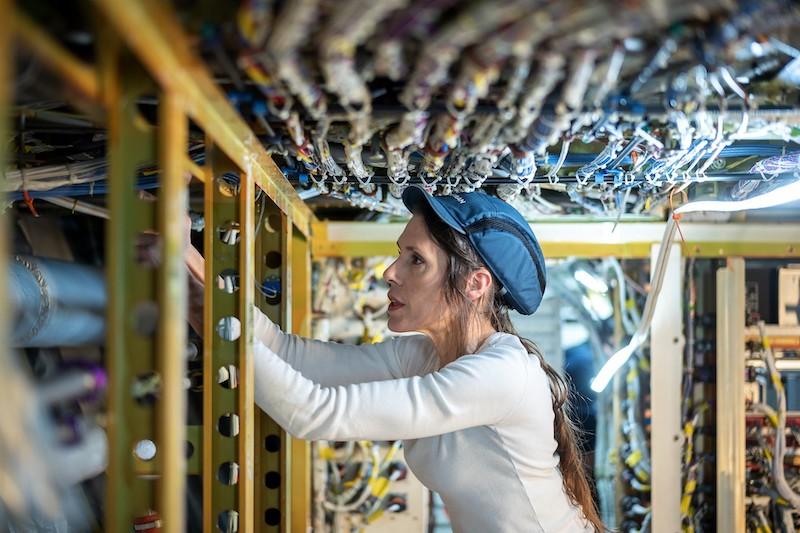
Credit: Christel Sasso/CAPA Pictures/Safran
TOULOUSE—As the aircraft and engine MRO business becomes more sophisticated, professional aerospace societies are exploring closer links with airlines and MRO providers to help advance technology and foster engineering talent. To promote the initiative, the International Council of the Aeronautical...
Subscription Required
Aerospace Societies Plan To Open Door To MRO Businesses is published in Aerospace Daily & Defense Report, an Aviation Week Intelligence Network (AWIN) Market Briefing and is included with your AWIN membership.
Already a member of AWIN or subscribe to Aerospace Daily & Defense Report through your company? Login with your existing email and password.
Not a member? Learn how you can access the market intelligence and data you need to stay abreast of what's happening in the aerospace and defense community.





